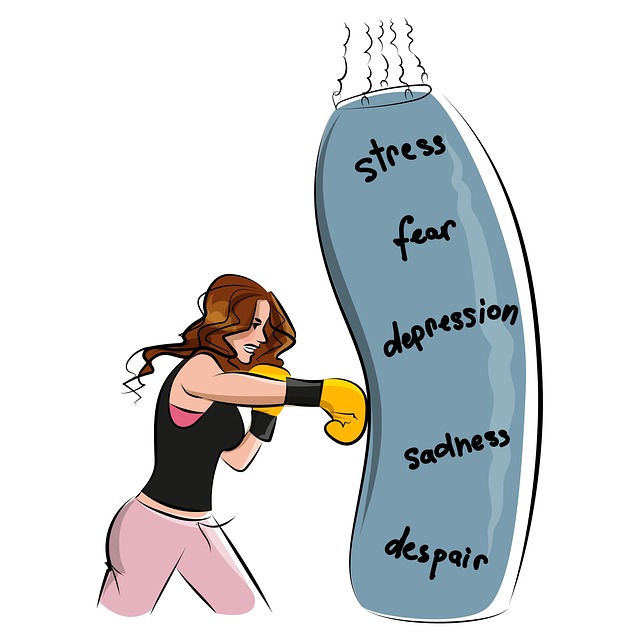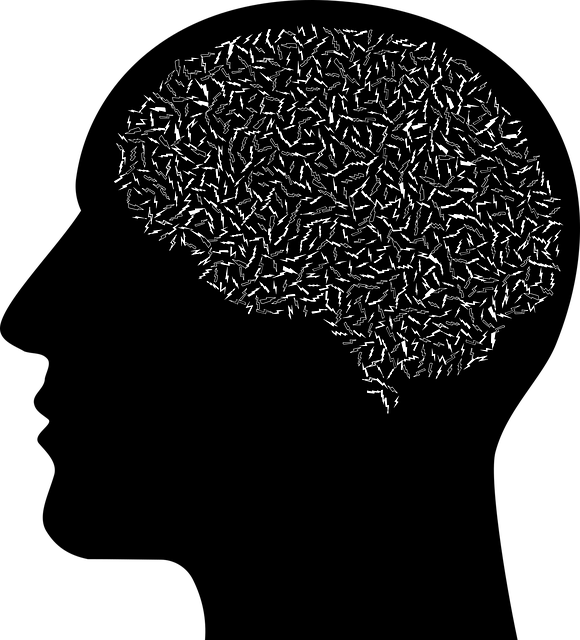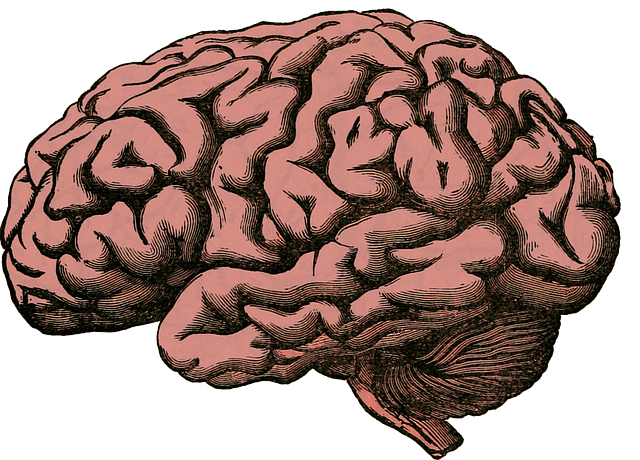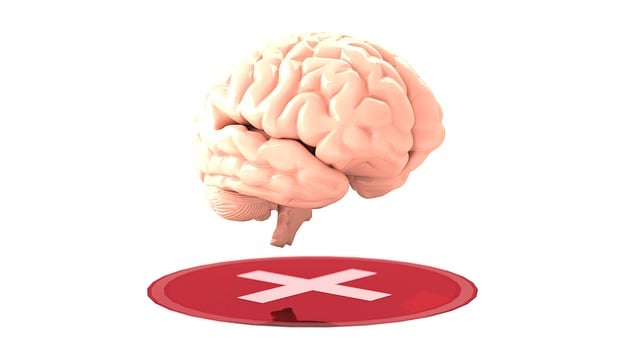Northglenn Spanish Speaking Therapy prioritizes mental wellness through group facilitators who create safe spaces, employing empathy, active listening, cultural sensitivity, and social skills training. These facilitators bridge stigma, build confidence, and strengthen connections in intimate group settings, leveraging community for comprehensive care tailored to diverse cultural needs. Effective communication, tailored to Spanish-speaking individuals' specific needs, enhances understanding and trust, fostering open dialogue and empowering mental health improvement. This holistic approach makes Northglenn Spanish Speaking Therapy more accessible and transformative for diverse communities.
“Explore effective group facilitation techniques at Northglenn Spanish Speaking Therapy, where mental wellness groups thrive. This article delves into the critical role of facilitators in creating safe spaces for participants. We examine strategies for building trust and fostering open communication, essential for engaging Spanish-speaking individuals. Additionally, cultural sensitivity is explored as a cornerstone of successful group therapy sessions. By implementing these techniques, Northglenn Spanish Speaking Therapy enhances mental health support for diverse communities.”
- Understanding the Role of a Group Facilitator at Northglenn Spanish Speaking Therapy
- Building a Safe and Supportive Environment for Mental Wellness Groups
- Effective Communication Strategies for Engaging Spanish-Speaking Participants
- Incorporating Cultural Sensitivity in Group Therapy Sessions
Understanding the Role of a Group Facilitator at Northglenn Spanish Speaking Therapy

At Northglenn Spanish Speaking Therapy, understanding the role of a group facilitator goes beyond simply moderating discussions. Facilitators act as guides, creating a safe and supportive environment for individuals navigating mental illness. They employ empathy building strategies to foster open communication, ensuring every participant feels heard and valued. Through active listening and cultural sensitivity, facilitators bridge any stigma associated with mental illness, encouraging honest conversations in a deeply personal and intimate setting.
In these groups, the focus extends beyond mere talk therapy. Facilitators also incorporate social skills training activities, helping members build confidence and strengthen interpersonal connections. This holistic approach leverages the power of community to enhance mental wellness, reflecting Northglenn Spanish Speaking Therapy’s commitment to comprehensive care tailored to diverse cultural needs.
Building a Safe and Supportive Environment for Mental Wellness Groups

Creating a safe space is paramount when facilitating mental wellness groups, especially for diverse communities like Northglenn Spanish Speaking Therapy’s target audience. This involves fostering an environment where participants feel accepted and understood, free from judgment or stigma often associated with mental health discussions. Group leaders should encourage active listening and open communication, ensuring every member feels their voice is valued.
Cultural sensitivity in mental healthcare practice plays a crucial role here. By being mindful of different cultural backgrounds, languages, and experiences, facilitators can adapt their techniques to meet the unique needs of each group. This might include incorporating culturally relevant activities or resources, promoting inclusive language, and ensuring privacy and confidentiality considerations reflect the diverse makeup of the participants, enhancing the overall effectiveness of depression prevention efforts in these groups.
Effective Communication Strategies for Engaging Spanish-Speaking Participants

Effective communication is a cornerstone when facilitating mental wellness groups for Spanish-speaking participants, especially in diverse communities like Northglenn. Understanding cultural nuances and language barriers is imperative to creating an inclusive environment where everyone feels comfortable expressing their thoughts and emotions. Facilitators should adopt clear and simple language, avoiding jargon that might confuse the audience. Active listening becomes even more critical; paying close attention to non-verbal cues and validating participants’ feelings can foster a sense of safety and encourage open dialogue.
Incorporating strategies like mirrored speech—repeating back what a participant says in their own words—can enhance understanding and build trust. Encouraging participation through open-ended questions that allow for personal reflections on topics relevant to mental wellness, inner strength development, and mood management can significantly benefit the group dynamic. By tailoring communication methods to meet the specific needs of Spanish-speaking individuals, facilitators can ensure that every member feels empowered to navigate their journey towards better mental health.
Incorporating Cultural Sensitivity in Group Therapy Sessions

Incorporating cultural sensitivity into group therapy sessions is an essential aspect of providing inclusive and effective care, especially in diverse communities like Northglenn. With a significant Spanish-speaking population, offering services tailored to their linguistic and cultural needs is vital. Facilitators can create a safe and welcoming environment by ensuring therapists are fluent in Spanish, using culturally relevant resources, and adapting activities to resonate with participants’ backgrounds. This approach fosters a deeper sense of belonging and encourages open communication.
By incorporating self-awareness exercises that explore cultural identity, participants can enhance their understanding of their own values and beliefs while gaining insights into the perspectives of others. Activities focusing on building resilience and confidence, tailored to address unique cultural challenges, can empower individuals to navigate life’s hurdles with renewed strength. Ultimately, culturally sensitive group facilitation techniques enrich the therapeutic process, making it more accessible and transformative for Northglenn’s Spanish-speaking community.
The techniques discussed, including understanding the role of a group facilitator at Northglenn Spanish Speaking Therapy, building safe spaces, employing effective communication strategies, and incorporating cultural sensitivity, empower therapists to create dynamic and inclusive mental wellness groups. By implementing these practices, therapists can significantly enhance participation and outcomes for Spanish-speaking individuals seeking support, ensuring culturally competent care tailored to their unique needs.














